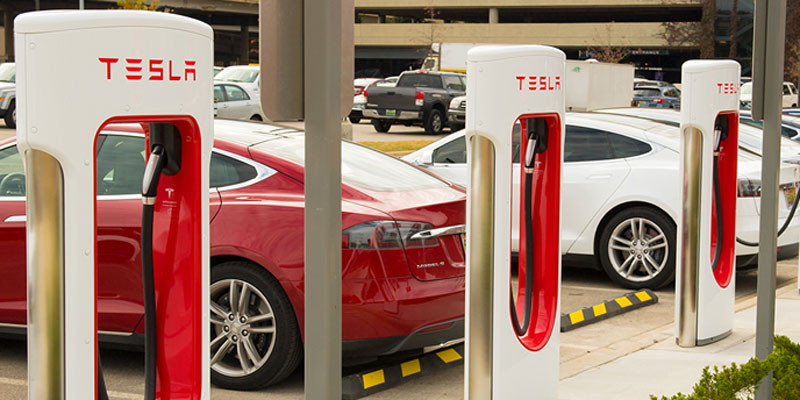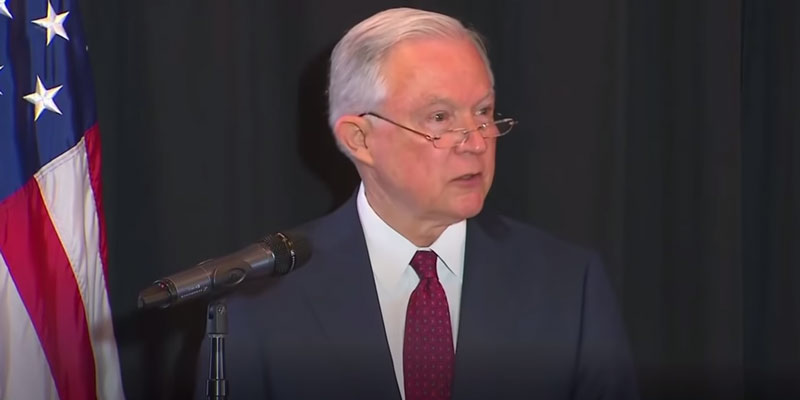As many as 50 million Americans are about to flip the switch over to electric automobiles with their next purchase, according to the American Automobile Association. A recent survey conducted by the AAA found that popularity of electric cars is trending upwards. With infrastructure and availability all here, Alabama can lead the charge toward electric vehicles.
In its survey, AAA asked Americans if they were considering electric vehicles for their next car purchase. The survey found that 20 percent of Americans say their next vehicle will be an electric car – up 5 percent from 2017.
The Alabama Clean Fuels Coalition encourages Alabamians to make the move to an alternative fuel vehicle, such as an electric car. Electric vehicles offer nothing but benefits, from being more cost-efficient due to cheaper fuel to less expensive maintenance to being environmentally friendly.
Alabama’s relationship with Mercedes-Benz could be a factor in the state’s future with electric vehicles, too. The automaker announced in January it would be rolling out an electric version of each of its vehicles by 2022. With Mercedes – and most other automakers – launching more electric options, there have never been more alternative fuel vehicle options than we have today.
The Tuscaloosa County facility is the only Mercedes plant in the United States, and it will play a central role in the production of these electric vehicles. As these electric vehicles begin to be produced by the people of Alabama, the next logical step is for them to begin driving them as well.
There has never been a better time to switch over to electric. It is a common misconception that it is a hassle to charge your electric car, whether that be at home or on the road. Charging at home can be done through a 120-amp power supply, which is the same three-prong outlet that powers your television.
The Alabama Clean Fuels Coalition is determined to make driving an electric vehicle in Alabama comfortable by assisting in getting proper infrastructure in place. Alabama currently has 84 electric charging stations, and a total of 198 charging outlets scattered across the state in almost all major cities.
More and more charging stations will continue to pop up across the state as more electric vehicles hit the streets. Current electric charging stations can be found at convenient locations in public, and some residential areas. The new Tesla charging stations in downtown Birmingham are just one prominent example. Several online sites, such as plugshare.com, provide charger locations.
The Alabama Clean Fuels Coalition serves as the principal coordinating point for clean, alternative fuel and advanced technology vehicle activities in Alabama. The ACFC is part of the national network of nearly 100 Clean Cities coalitions that bring together stakeholders in the public and private sectors to deploy alternative and renewable fuels, idle-reduction measures, fuel economy improvements and emerging technologies.
According to Alabama AAA PR and Marketing Director Clay Ingram, our state is warming up to electric vehicles as the technology and infrastructure begins to develop at a rapid pace.
“We have come a long way in accepting this, in a short number of years,” Ingram said. “We love our vehicles in Alabama, and I think there is a lot of room for (electric vehicles) as the technology continues to develop.”
With an average gas price of $2.91 – its highest cost since 2014. Gas prices are expected to increase over time without any anticipation of dropping. The average American spends $1,400 on gasoline a year, while average electric vehicle charging costs are $540 annually. Unlike gasoline cars, electric vehicles don’t typically require oil changes, fuel filters, spark plug replacements or emission checks. In electric vehicles, even brake pad replacements are rare due to the fact regenerative braking returns energy to the battery.
With all the aforementioned factors in mind, it is no surprise that the AAA estimated a below-average cost of ownership with electric vehicles. Electric cars also are the least expensive when it comes to yearly maintenance.
Since the 1970s, lawmakers in the United States have been putting effort into facilitating the research and growth of electric cars. The urge to reduce carbon emissions has given electric car production a lift. Electric vehicles emit an average of 4,500 pounds of CO2, with gasoline cars emitting more than double that.
This current shift to electric will not only have an environmental impact, but also an economic one. According the U.S. Energy Information Administration, the United States has made progress in importing less oil, but still imports nearly 20 percent of what is consumed. The increasing use of electricity as an alternative fuel will further push the United States toward economic independence from foreign countries.
The benefits to driving an electric car are endless! To learn more about the Alabama Clean Fuels Coalition and advice on purchasing an alternative fuel vehicle, please visit www.alabamacleanfuels.org.
Mark Bentley is the executive director of the Alabama Clean Fuels Coalition.












